Joan Lunden speaks with Dr. El on Eldercare
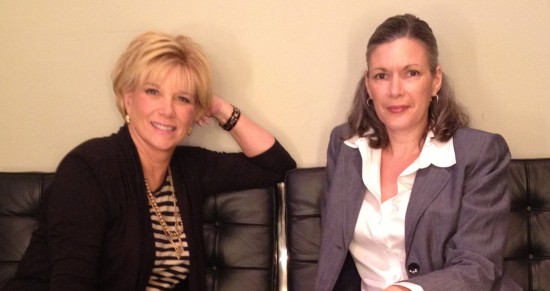
Award-winning journalist and author Joan Lunden takes time from her busy schedule to talk with Dr. El of My Better Nursing Home about her experiences caring for her 94-year old mother and speaking with other family caregivers around the country.
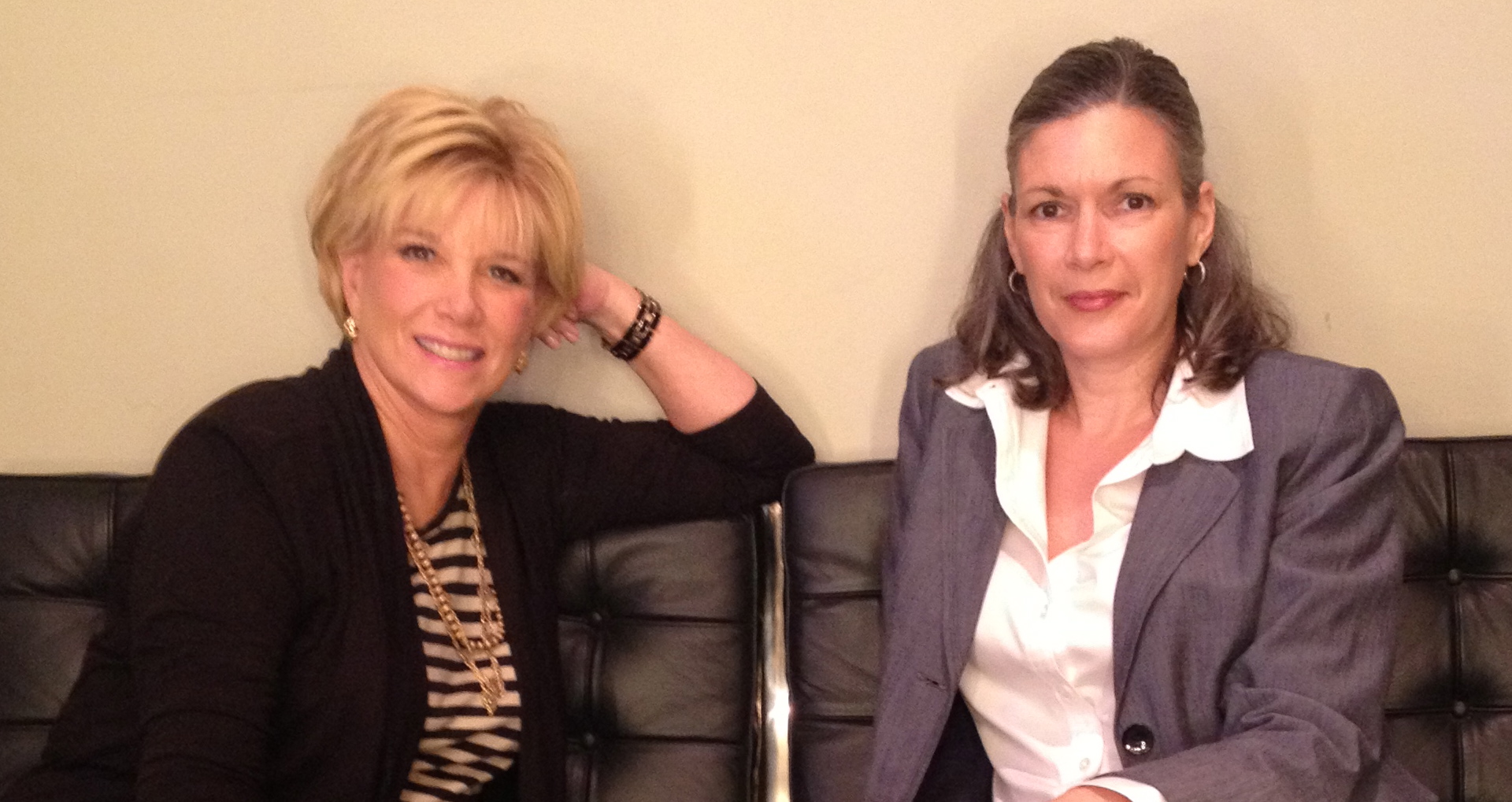
Dr. El: Joan, you’re part of what’s called “The Sandwich Generation,” taking care of your young children and an aging parent while maintaining a high-profile career. How do you manage this?
JL: After working on Good Morning America for twenty years where you never know what part of the world you’re going to be in while raising 3 daughters, I don’t think anything could get any harder than that. But I think having kids the second time around, you have to decide what you’re like and are you physically and psychologically up to the task. I wasn’t even daunted about having a second round of children. But no matter what we do as women, running businesses and keeping hectic schedules, the day you start taking care of a parent, that can really bring you to your knees….When you get to that life transition when you become the parent to your parent, it doesn’t feel natural because you’ve spent a lifetime learning to be a child to them and they have always been in that parental position. All of the sudden to have that role reversed is very disconcerting to a lot of people. It’s a hard one to accept. It often feels uncomfortable to tell your parent what they can do or can’t do.
Dr. El: The caretaking you’re talking about can be quite stressful and I saw on your website you have a place called Camp Reveille. Can you tell me about that?
JL: I got remarried and I married a guy who runs summer camps for children. I’m no dummy, I married a guy with a 50-foot climbing wall and 17 tennis courts! I started spending my summers up in Maine with him and at the end of every summer I would find that I was my least stressed, my absolute most fit, I was one with nature again….One day we were walking by the lake and I said to my husband, “I’m always talking to these women’s groups all over the nation. I should have a summer camp for women.” And my husband said, “The facility is yours. Do it.” And the next summer we ran our first Camp Reveille, which is a 3-night, 4-day stay because women don’t have wives and can only deal with being away for that amount of time. That’s long enough to unhook from electronics, unwind from the hectic pace of life…and connect with the women….The emotional strength that comes from getting a group of 150 women together is really powerful. The sharing of stories, the understanding that you’re going to get to the other side [of what you’re going through], learning from each other, motivating each other in a safe environment. They go back not just refreshed, but I feel a lot of them experience a transformation and are able to let go of a lot of baggage they didn’t even know they were carrying around.
Dr. El: Is the camp mostly for family caregivers or is it also for professional caregivers?
JL: It’s for women in general. About 75% of the women identified themselves [in their pre-camp questionnaires] as caregivers. Several women had just lost their husbands and came to the camp with their hospice workers. I never have seen such a transformation as these two women [a widow and her hospice worker] who came in and when they left on the last day I almost didn’t recognize them because they had let go of so much stress and heartache that they were like two giddy little girls, laughing.
Dr. El: For most families, one of the stresses of eldercare involves the financial challenges, including medication costs. What are your thoughts on how to manage this?
JL: I do a lot of health campaigns and I’m a doctor’s kid who always thought I’d grow up to be a doctor until I worked in a hospital and found out that scalpels were not happening in my career. But truly the dissemination of health information and the ability to help people make better decisions is at my core. I’m working right now with Walgreens who has really made great strides in trying to figure out ways to bring prescription costs down. One of the ways is Medicare Part D. The real area that it seems people can get some savings is that a lot of these programs that you have to sign up in when you sign up for Medicare Part D are now affiliating themselves with pharmaceutical chains. When they do that, you need to review your plan and ask if there is a preferred pharmacy network so you can get the lowest copays.
Dr. El: This is an important issue because sometimes people will skip their medication because they can’t afford it and this leads to a whole host of problems and readmissions to the hospital and nursing home.
JL: That’s what this Walgreens survey found, that one in five people were skipping doses to make a prescription last longer or not getting them refilled. And one in four said that when a doctor wrote a prescription for them, they never got it filled. Nonadherence to medication therapy is estimated to cost the healthcare system 300 billion dollars a year…. I don’t know how we’re going to reform healthcare in this country unless we do it grassroots, person by person, just like we got people to stop smoking. It’s a huge educational process to help seniors and caregivers understand how they can get the most cost savings from these plans that they belong to.

Dr. El: Let’s talk a little bit about your personal situation. Your mother is in a care facility right now. Can you tell me about how you chose that place and what it’s like there?
JL: I had kept my mom and my brother in a condo together and had a person come in to help them. My brother had Type II Diabetes and he had all the complications one could have with it and he was unable to keep a job for several decades, so I paid for them. The condo worked pretty well until my brother died about 6 or 7 years ago and it became abundantly clear to me that there was no way my mother at 88 years old could continue to live in that condo by herself. And that is one of the toughest things, when I talk to people, making that decision that their parents need to move out of their house or apartment and into a care facility. And I think that part of the reason is that we’re living with this myth that the minute you leave your house and move into a nursing home, you die, and that’s absolutely not the way it works, at least from what I’ve seen.
Dr. El: I work in nursing homes and it’s not what I’ve seen either.
JL: When you leave a place, hopefully you make that decision before it’s a crisis, but most people wait until somebody’s had a fall or has an accident in the car or wait for the crisis call. Once you move your loved one into a facility, I’ve found they’re often better off instead of being by themselves in their house. I think if I’d have gotten my mother into senior living far sooner, she would have been much better off today because she would have had conversations with people. She became a recluse at home. When I finally moved my mother into a facility, I moved her into a place that would have been great for my mother ten years ago. I moved the mother that was in my head. In reality, the beautiful dining room scared her because she didn’t recognize people, she was alone in her apartment when she started sundowning….The place terrified her. I had chosen the completely wrong facility.
Dr. El: And how would you know because you’d never done this before.
JL: And not only that, I hadn’t been living with her. I was typical of many families in that I lived far away and when people come into town for a visit, everyone puts on their best face — there’s no problem, we’re doing fine. And you don’t realize that they haven’t opened the mail for the last two years. In retrospect, there were warning signs that my mother needed more help. I came back to Sacramento, California and moved her to the next place, but she kept falling. Her neurologist recommended a small care facility in a house setting with five residents. That was the best advice I ever got. She now lives in a ranch-style house that’s not at all institutional. She gets out of her room every day, they play bingo — she’s the reigning champ, she reads the newspaper to the other residents in their 90s and they do chair exercises. It’s fastidiously clean. It was the best move I ever made.
Dr. El: It’s so amazing when you find the right place because it changes your relationship from the worried, intense caregiving to I’m visiting my mom and we’re having a relationship like we used to have.
JL: Yes. Instead of spending the entire time in town figuring out what’s wrong, now I can go in — and my mom can have good days and bad days, she does have dementia — but I made up these books with photographs and she can sit and reconnect. The man who runs the place gave me the advice that the more you can engage with the older person in the life they knew, rather than trying to engage them in your life, the more comfortable they are and the better they begin to have a discussion with you. When I talk about what life was like when I was a little girl, my mother opens up like a flower.
Dr. El: You’re talking about flipping the roles of family members, and one of the chapters of my book, The Savvy Resident’s Guide, is for elders to help them see that they still have a role in parenting by helping their children adjust to the fact that they’re aging and dealing with end of life issues. Are there ways that your mom is still in the mom role with you?
JL: Not in any significant way other than that I still want her to like the way I dress, I dress for her when I go there. She still wants to feel the pride of a momma. They don’t want to know you won a certain award particularly, they want to know you’re happy. I’m in the child role in that I’m still trying to make sure that my momma is proud.
Dr. El: You speak with family caregivers all over the country. Is there anything you’d like to say to professional caregivers on behalf of the families?
JL: Thank you, thank you, thank you, thank you! I take my hat off to those people who work as caregivers. It is a testament to their compassion and their patience. I can go to sleep at night because I know the heart of these women who are taking care of my mom all day long… I thank God that we have those people in our society that are willing to dedicate themselves truly to someone else’s minute-by-minute happiness.

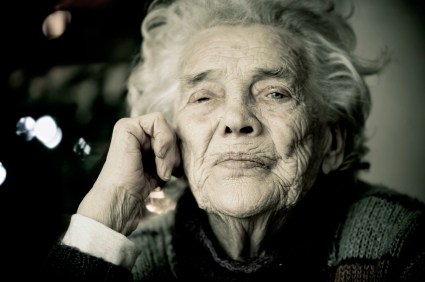

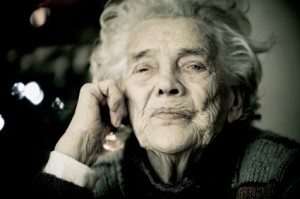



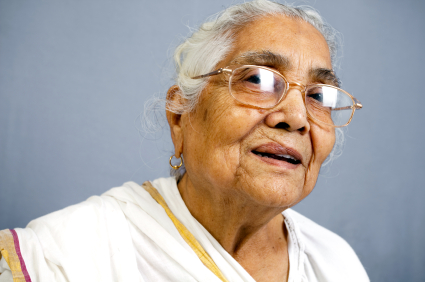
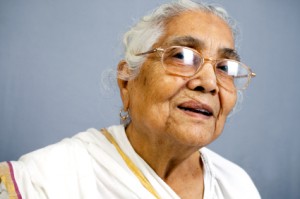

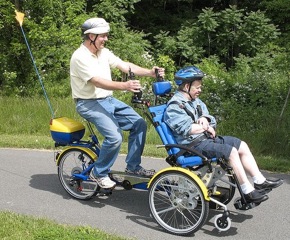
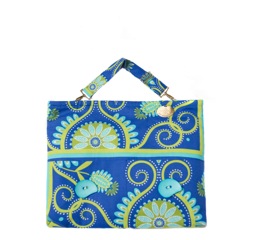



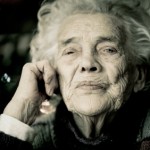


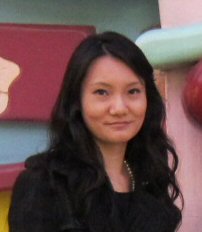
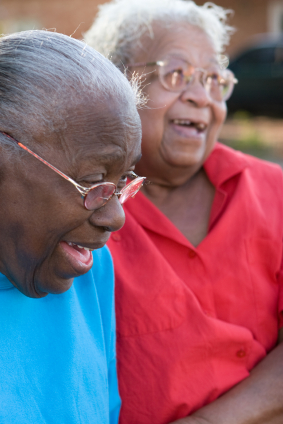
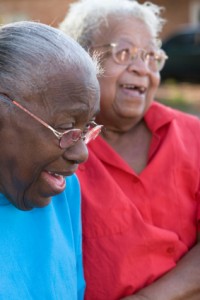 A 2011 study by Australian researchers focused on the use of humor to reduce agitation in nursing home residents with dementia. The Sydney Multisite Intervention of SmileBosses and ElderClowns (SMILE) study investigated the effect of providing humorous interactions with residents through the use of a character dressed like a bellhop, who kindly jokes with participants. Residents who were initially silent and withdrawn became animated and engaged.
A 2011 study by Australian researchers focused on the use of humor to reduce agitation in nursing home residents with dementia. The Sydney Multisite Intervention of SmileBosses and ElderClowns (SMILE) study investigated the effect of providing humorous interactions with residents through the use of a character dressed like a bellhop, who kindly jokes with participants. Residents who were initially silent and withdrawn became animated and engaged.